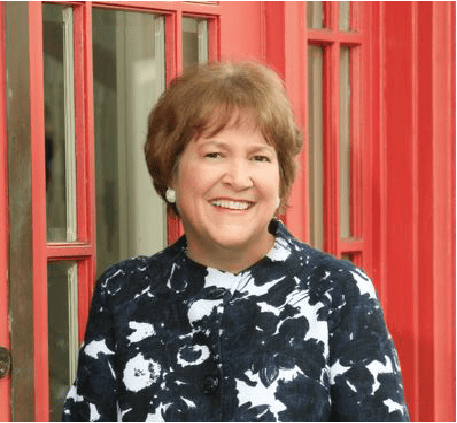
Anna Gottlieb, Founder & Executive Director of Cancer Pathways, formerly Gilda’s Club Seattle
Learn more about Cancer Pathways’ teen cancer risk reduction program, Cancer Happens, by clicking here.
Cancer Pathways’ Executive Director, Anna Gottlieb, Testifies on HB 1550
AN ACT Relating to preventing nicotine addiction with an emphasis on youth and persons under 21 years of age and the funding of prevention, cessation, and public health services through the taxation of vapor and tobacco products containing nicotine.
Below is Anna’s written testimony.
“Washington State is facing a vaping crisis. According to the WA Healthy Youth Survey, vaping use among teens has dramatically grown in recent years. This epidemic needs immediate intervention. Our efforts need to be bolder, louder and faster.
We applaud your continuous efforts to keep tobacco and e-cigarettes out of the hands of young Washingtonians and we support HB 1550. But our numbers are still increasing. Raising taxes on these products and making it less affordable for youths is one form of deterrent. However, this alone does not address the social influences and drivers of tobacco and e-cigarette use. Young people can still access these addictive products through others in their communities and social circles.
We are writing to request that funding distribution from this vaping tax be allocated to educate young people on the dangers of tobacco, vaping, and e-cigarettes. We know that early education and prevention empower them to make healthier choices and avoid choosing these substances in the first place. We want to stress how important it is for our state to support early prevention and education during the formative years.
Just as young developing minds are susceptible to being primed for future substance abuse, young minds can also be empowered through education on the dangers of tobacco, vaping and e-cigarettes. They can share this information within their social circles.
For years, Cancer Pathways has been sounding the alarm on the harms of tobacco, vaping and e-cigarettes, through its Cancer Happens teen education program. This program, in its 15th year, has reached over 100,000 youths in middle schools and high schools in Washington.
In our discourse with young people, we have seen that they are quite sophisticated in their technical knowledge of vape products but they have been misinformed and misled by vaping industries’ marketing tactics, and this bleeds into their communities.
We urge you to allocate funds towards this essential form of prevention and education. Thank you for your dedication to improving health for all Washington families.”
